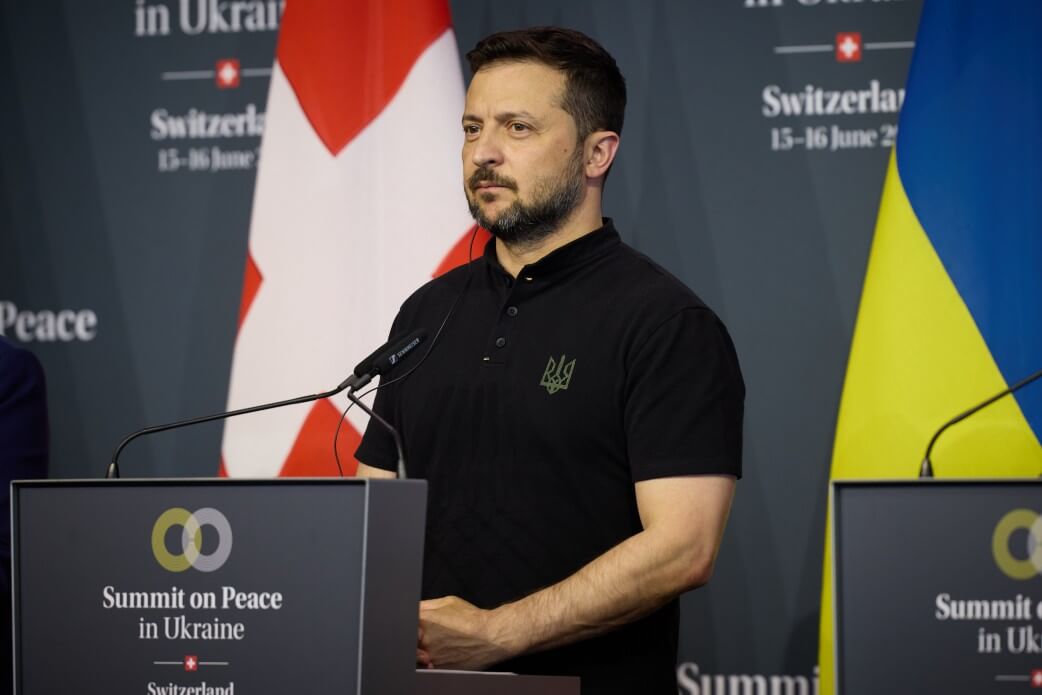World leaders will begin the annual debate at the UN General Assembly tomorrow, at a time when there are no tangible solutions in sight for establishing peace in the crises, which seem the most dangerous since the founding of the UN.
By the end of the week, the UN debate will most certainly not produce a solution or even trace a path to a solution for Russian aggression against Ukraine, the conflict in the Middle East, or Sudan.
The presence of the leaders of the polarised world, even the leaders of the directly opposing parties, under the same roof in the UN building on the East River will be only a symbolism on which many speakers will base their belief that the UN is still an irreplaceable peace mechanism, in which hopes for peace should be invested.
This year will demonstrate that the UN has lost its ability to fulfil its main peacekeeping role, for which it was founded after World War II.
None of the numerous peace initiatives in circulation for any major conflict in the world cite the UN as a factor.
Without the UN in peace initiatives
Global communication about achieving peace in Ukraine, the Middle East, and Sudan exists, but it takes place without relying on the UN and its peace mechanisms.
The exception does not even extend to last year's 12-point Chinese peace proposal for the conflict in Ukraine, which omits any mention of the UN. Instead, it proposes a solution based on the World Organisation's Charter and the principle of territorial integrity of states, a common Chinese talking point.
Chinese diplomatic actions towards individual crises do not fundamentally rely on the UN's participation
Although it declares itself the loudest global promoter of the UN's role and multilateralism within its framework, Chinese diplomatic actions towards individual crises do not fundamentally rely on the UN's participation.
Beijing demonstrated this with its mediation in the thawing of relations between Iran and Saudi Arabia, two regional Middle Eastern powers, in March last year.
China's overriding motive for bringing about this great rapprochement was not based on the search for regional peace but rather on raising its own political and economic capacities in the Middle East.
The inability of the UN to implement its decisions
Ukrainian leader Volodymyr Zelensky is coming to New York for the annual meeting of world leaders with a new initiative to stop the two and a half-year war in his country.
However, the plan is not intended for the UN General Assembly or its 193 members to make a decision, nor does Ukraine request their support.
President Zelensky will present the proposal to US President Joe Biden, the presidential candidates Kamala Harris and Donald Trump, and possibly the US Congress.
 The UN cannot bring peace to Ukraine, as has been clear since Russian aggression started - Volodymyr Zelensky
The UN cannot bring peace to Ukraine, as has been clear since Russian aggression started - Volodymyr Zelensky
His current initiative to stop the war in Ukraine is a prerequisite for the comprehensive 10-point peace plan he presented two years ago. Even then, not first in the UN, but in front of the G20 leaders, and then in front of the leaders of the seven most industrially developed countries within the G7.
The UN cannot bring peace to Ukraine, as has been clear since Russian aggression started. On March 2, 2022, just a week after the Russian attack, and with an almost three-quarters majority (141 votes in favour), the General Assembly adopted the first in a series of resolutions condemning Russian aggression and demanding the withdrawal of the occupying Russian army from Ukraine, but it never saw implementation.
Alternative multilateralism
The UN's lack of authority to fulfil its purpose led to the search for peace in alternative formats that could, above all, bring greater efficiency.
The June peace conference on Ukraine, which was held in Switzerland, did not produce a tangible result, but it ensured the continuity of the gathering of stakeholders from all over the world who are truly interested in achieving peace.
Peace initiatives related to the crisis in the Middle East also bypass the UN and its mechanisms and take place among regional actors, with the active participation of the US and the EU.
Their efforts are particularly focused on the future regime of the government in Gaza, but even in those plans, the UN plays a secondary role. One of the reasons is the severe discrediting of its UNRWA mission in Gaza, for which there is ample evidence of supporting Hamas's militarism, which is why major donors have stopped funding it.
Any peace solution for existing world conflicts will be reached outside the UN
World leaders will undoubtedly focus their forthcoming debate at the UN once more on UN reform, particularly changes to the Security Council's structure, which is the cornerstone of the World Organisation's peacekeeping role.
However, the UN suffers from a structural internal blockade, which manifests itself, for example, in the fact that one permanent member of the Security Council (Russia) is labelled as an aggressor by the vast majority of UN members but continues to occupy its place with the right of veto.
Any peace solution for existing world conflicts will be reached outside the UN, and its participation in the peace process will be limited to monitoring, humanitarian, and expert aspects.
The forthcoming general debate at the UNGA will only be a framework in which multilateralism will operate on other tracks.